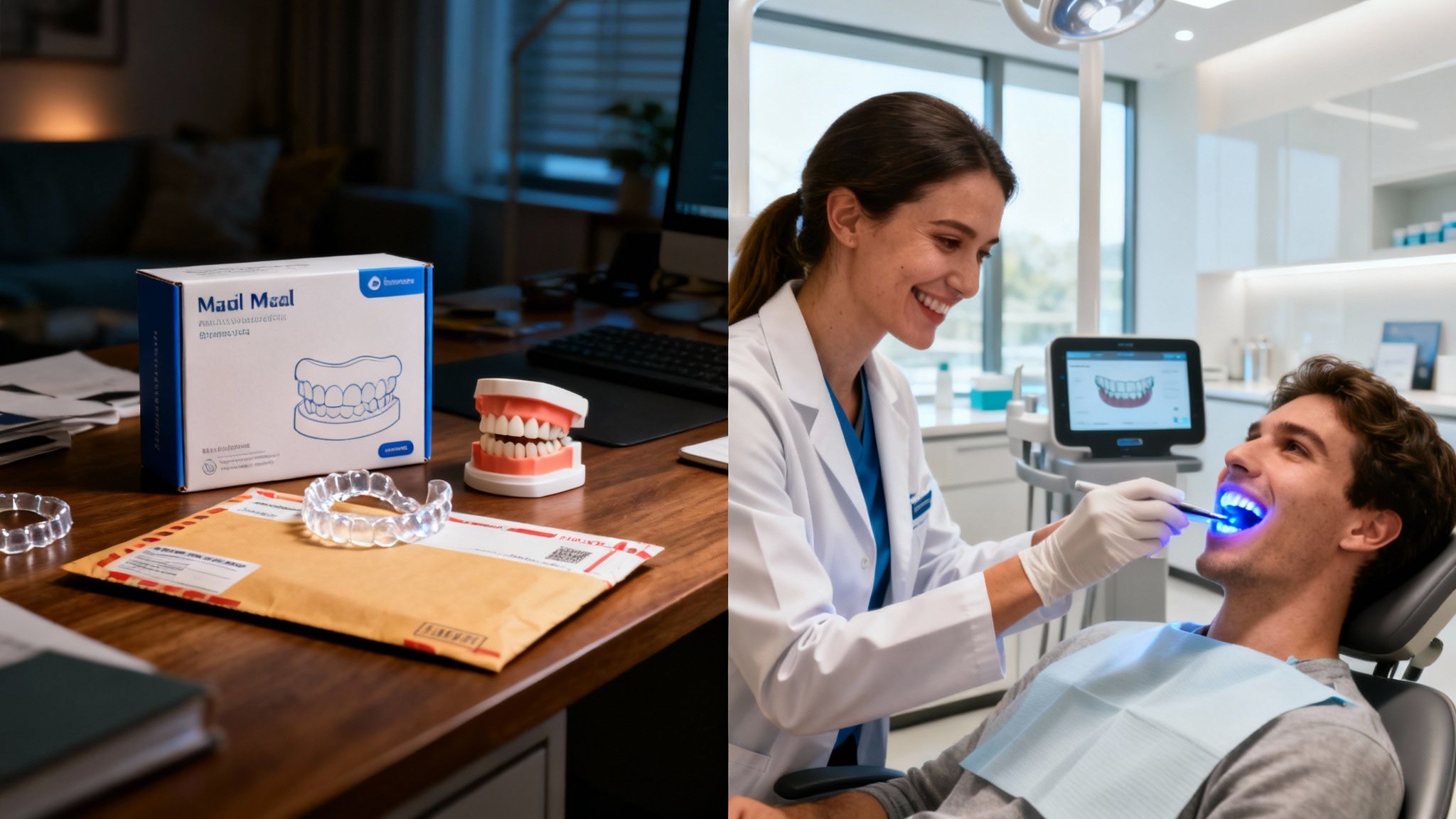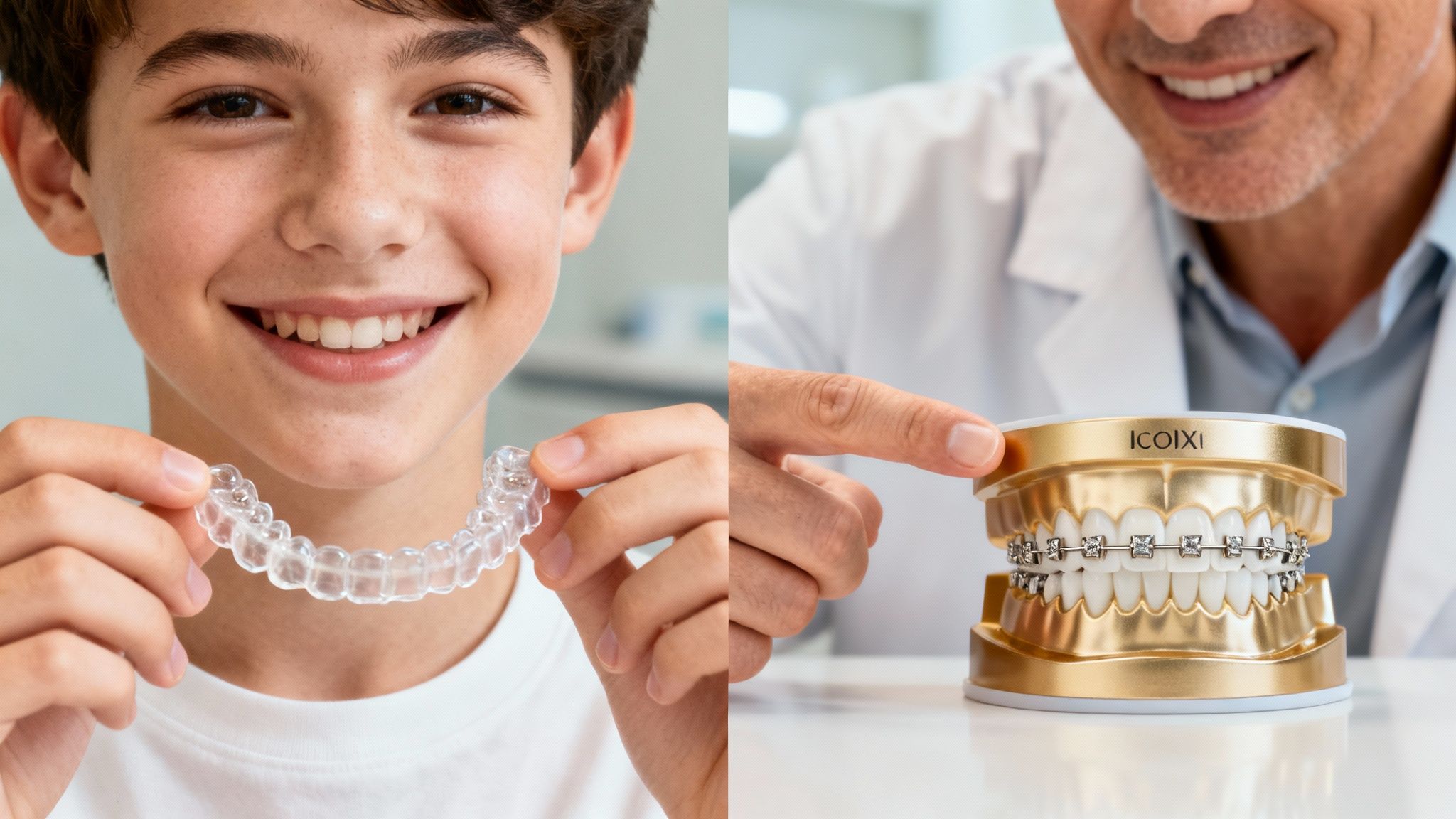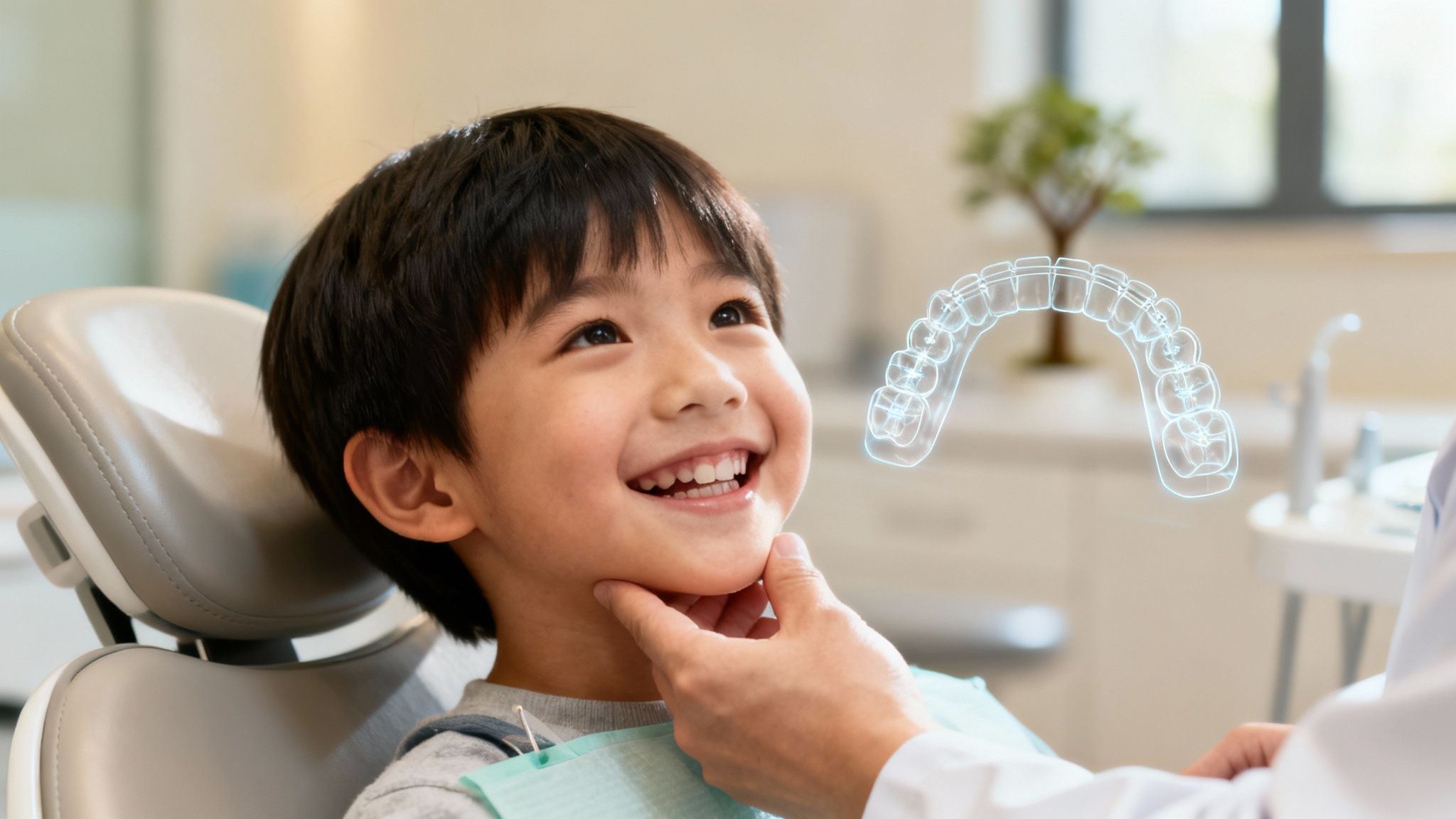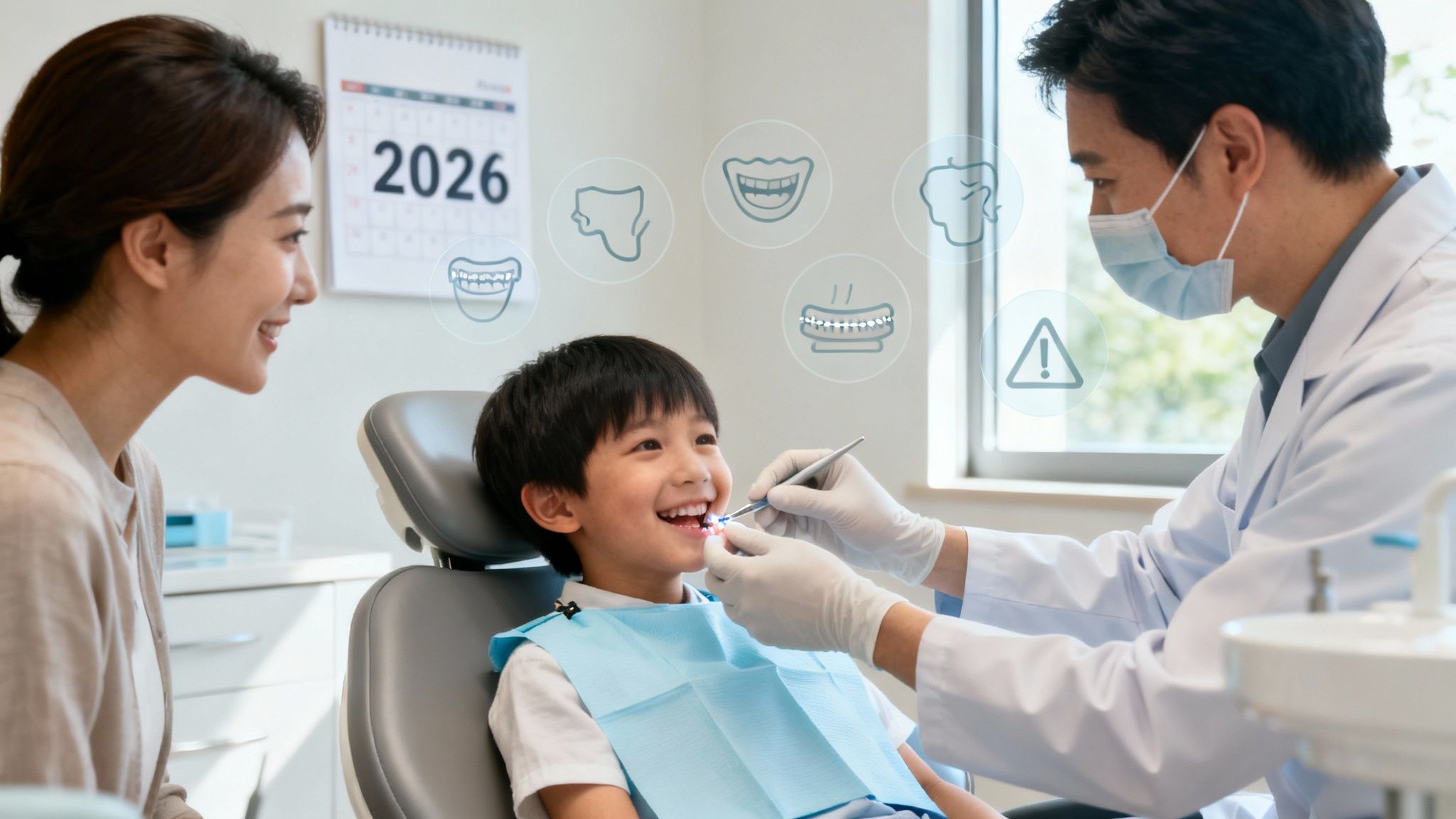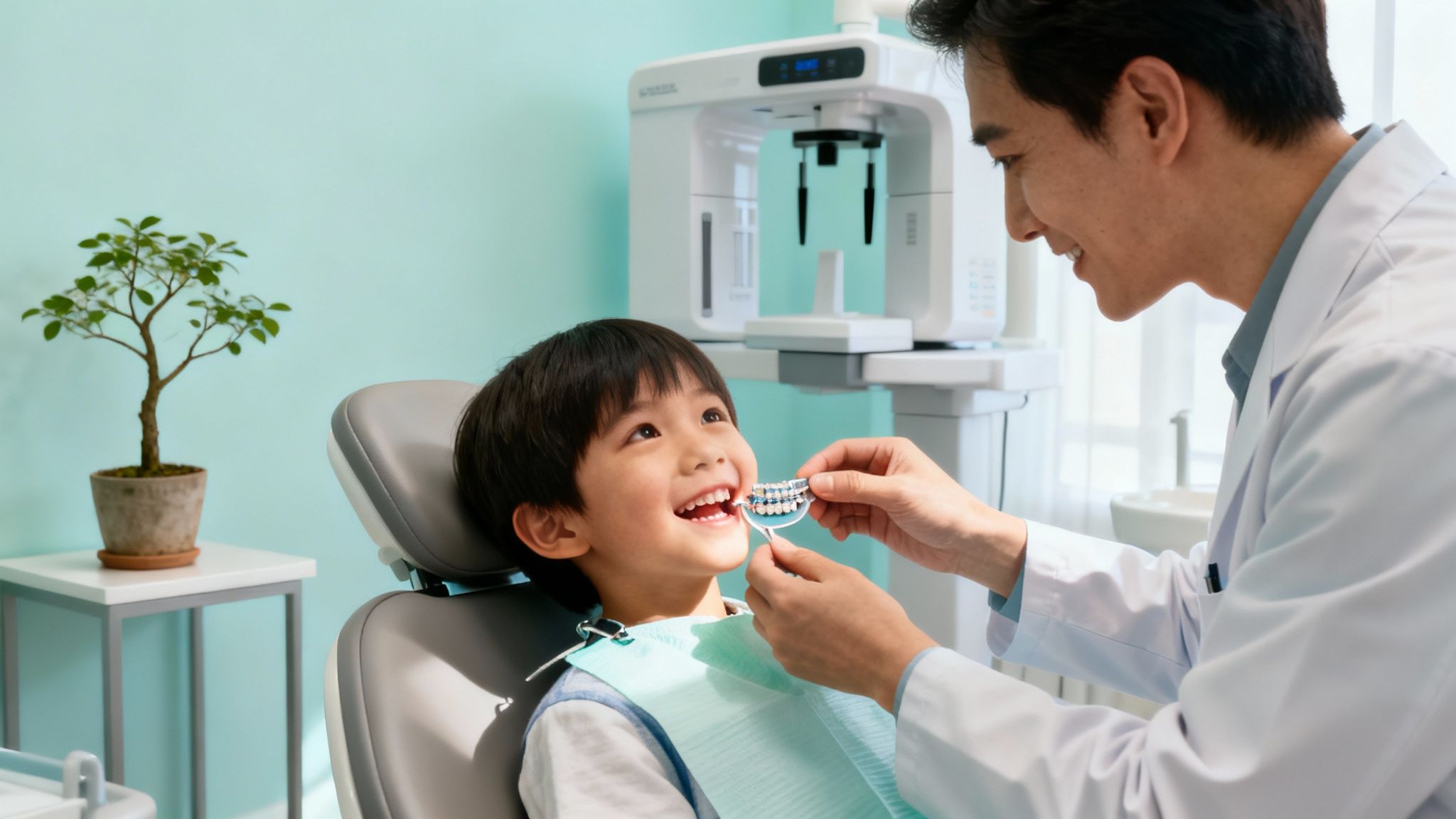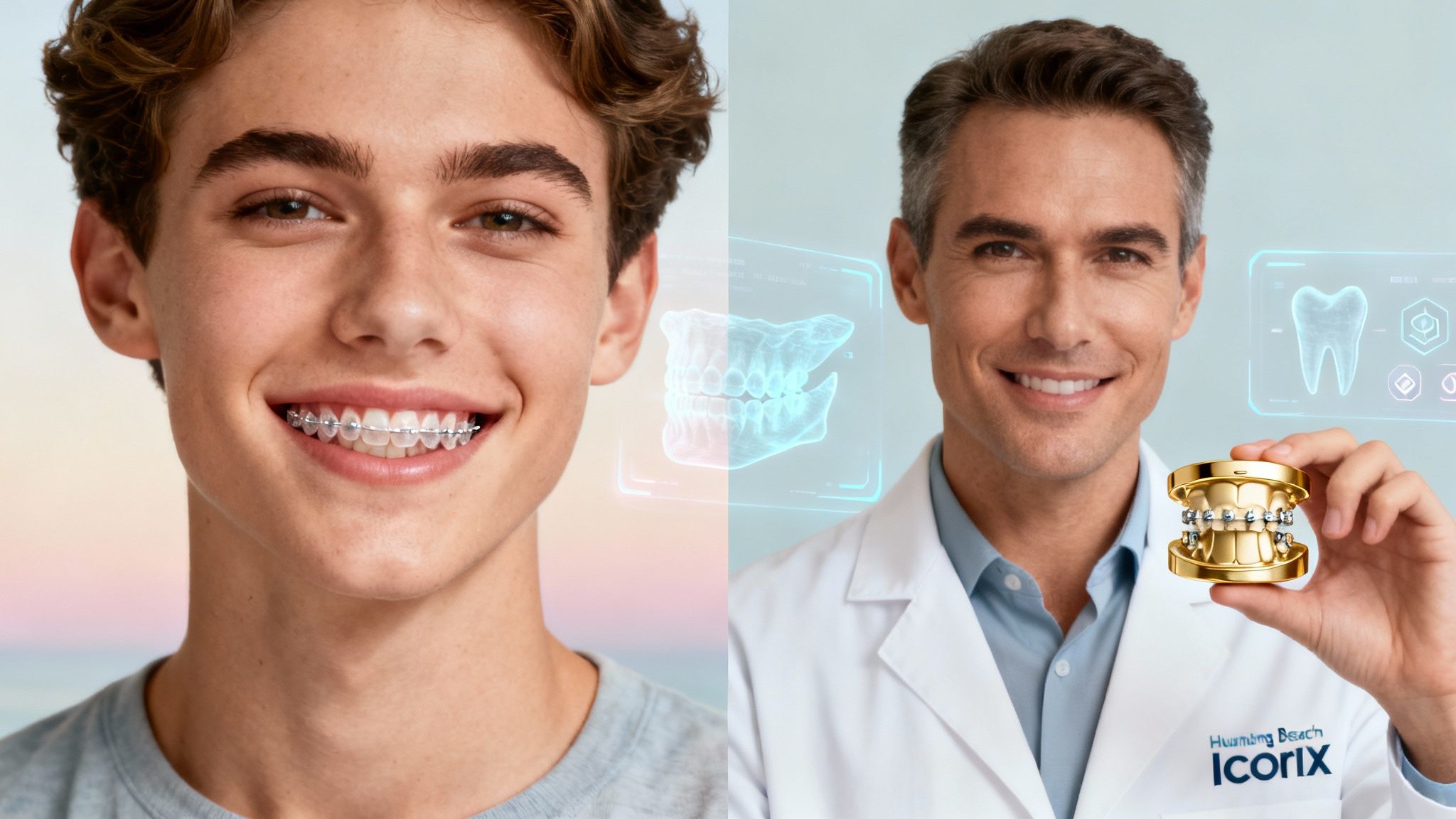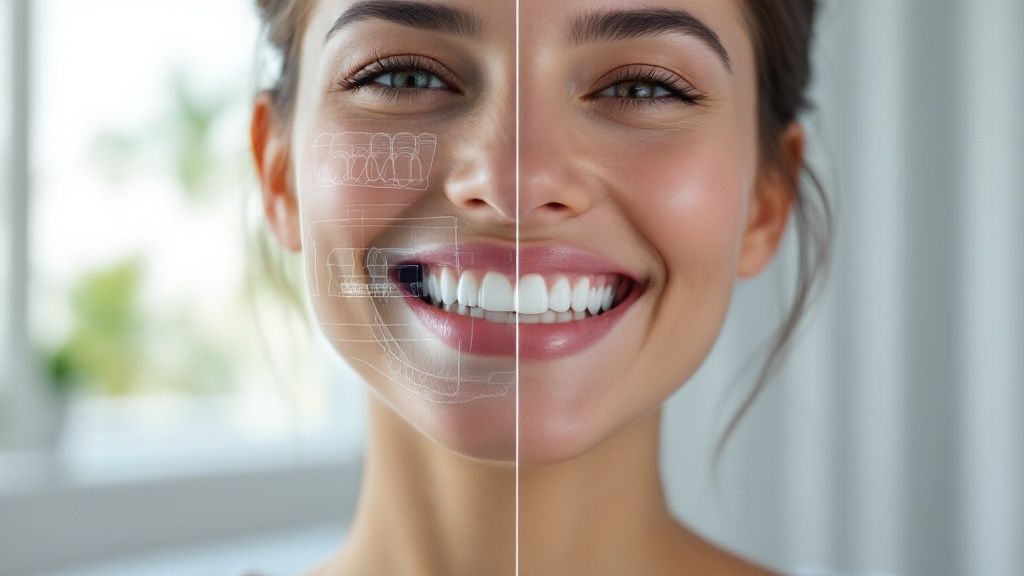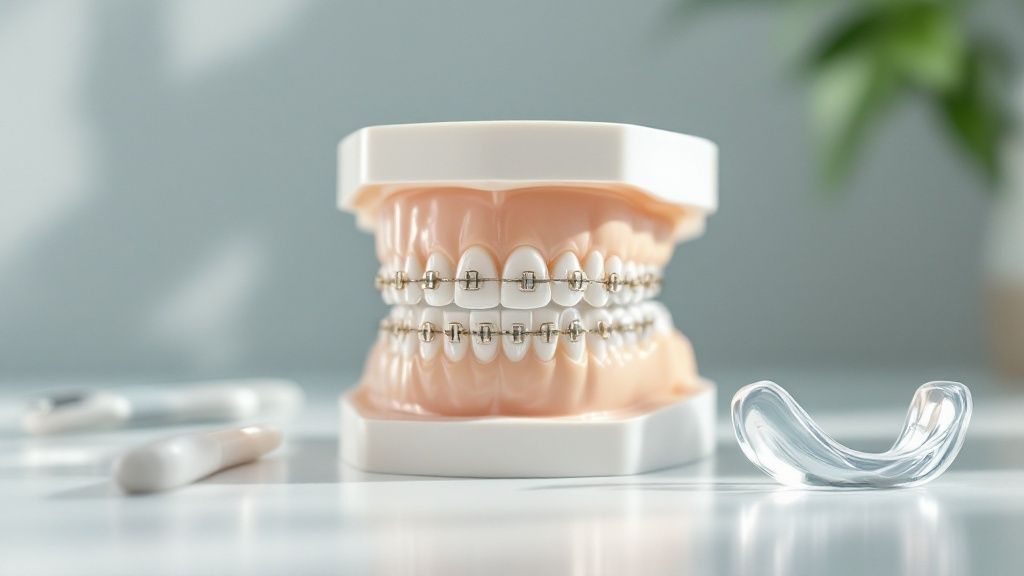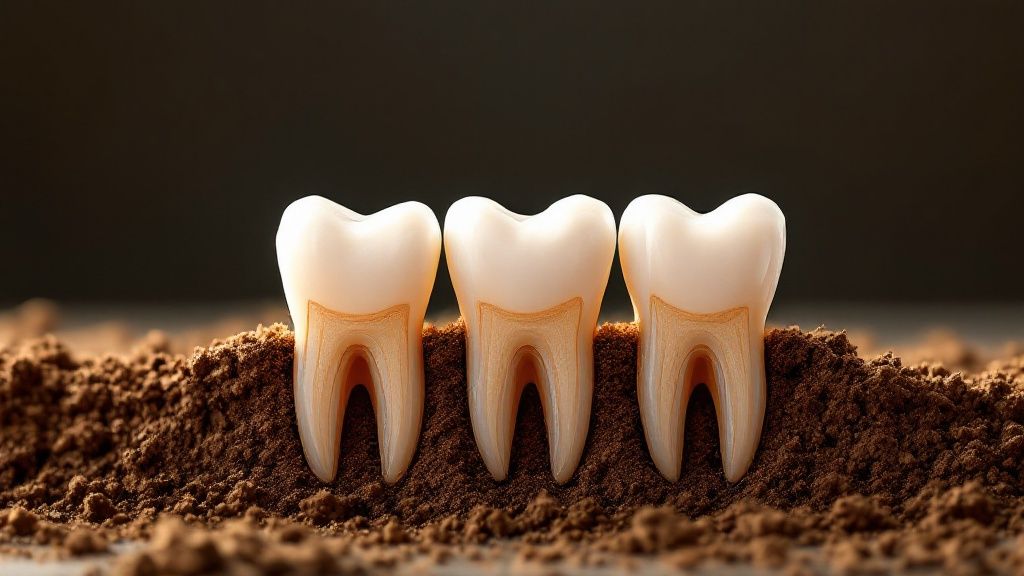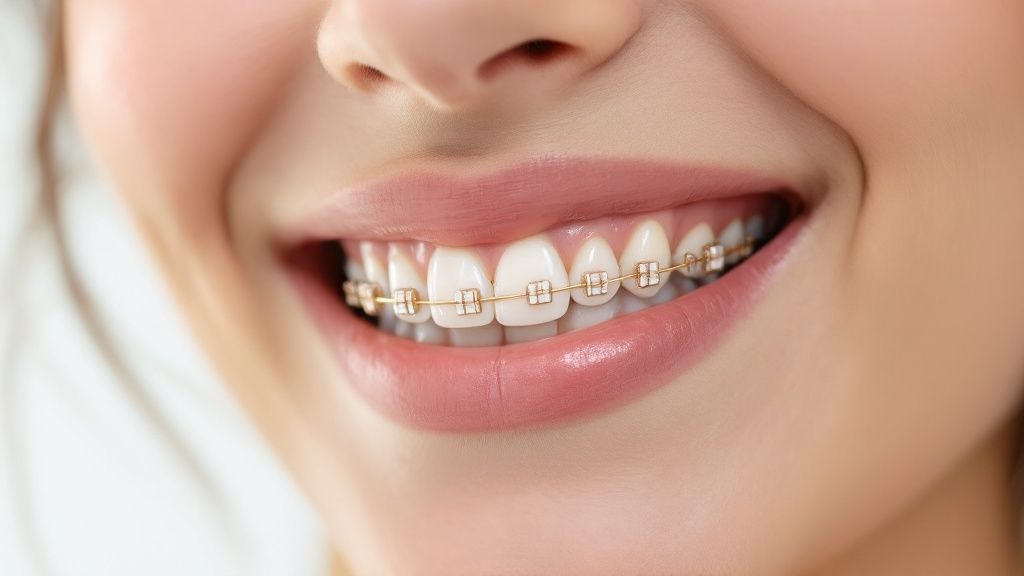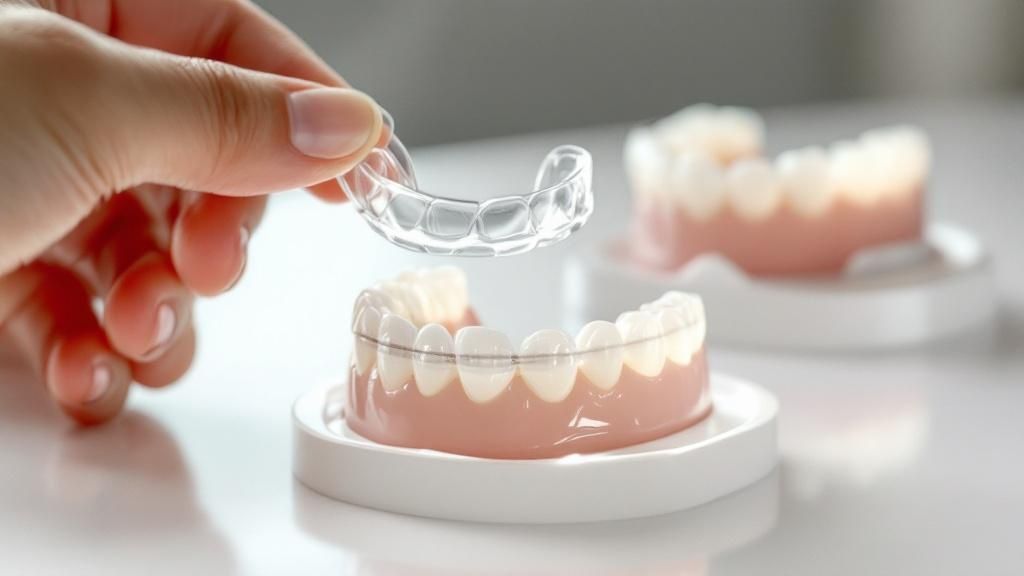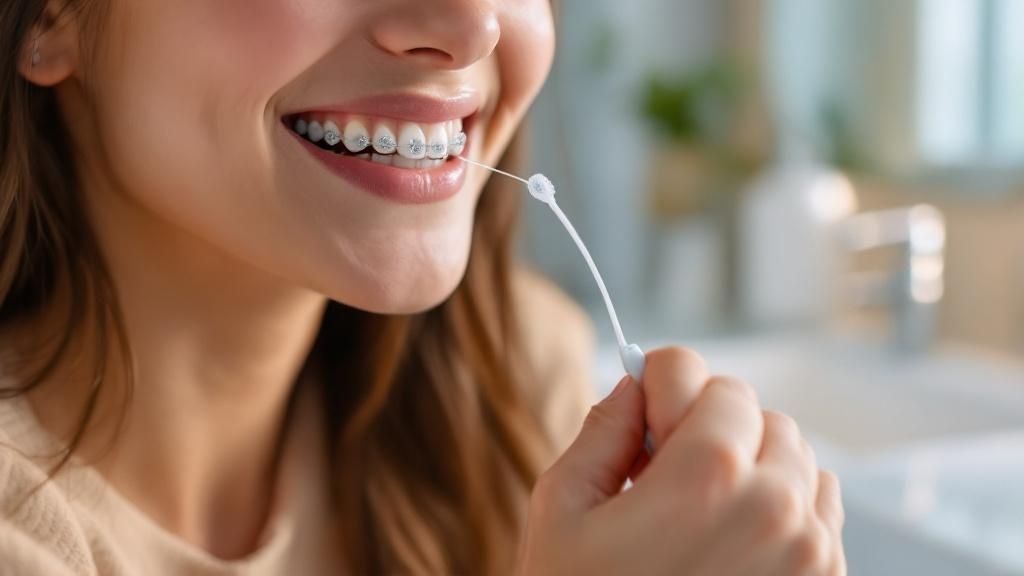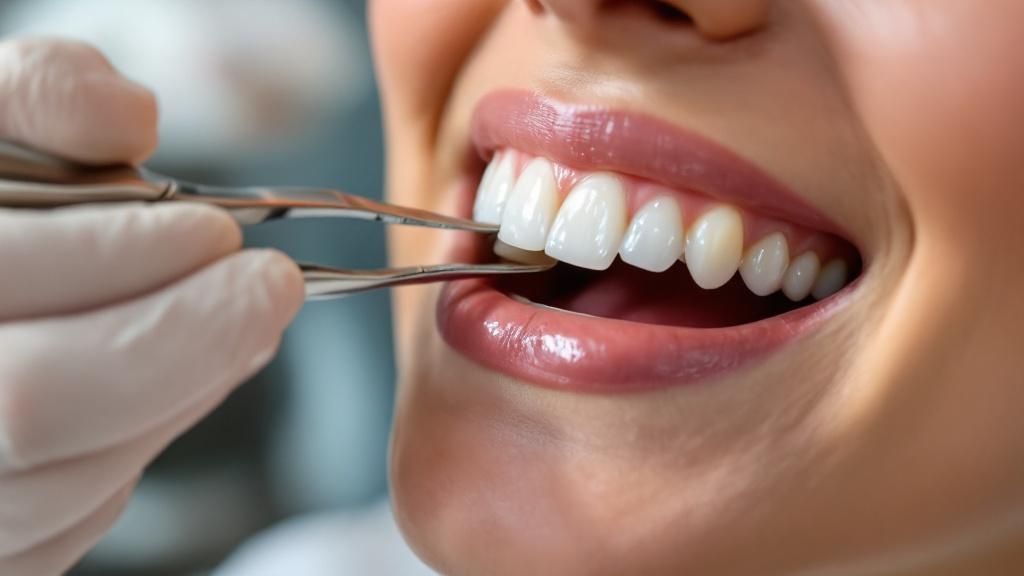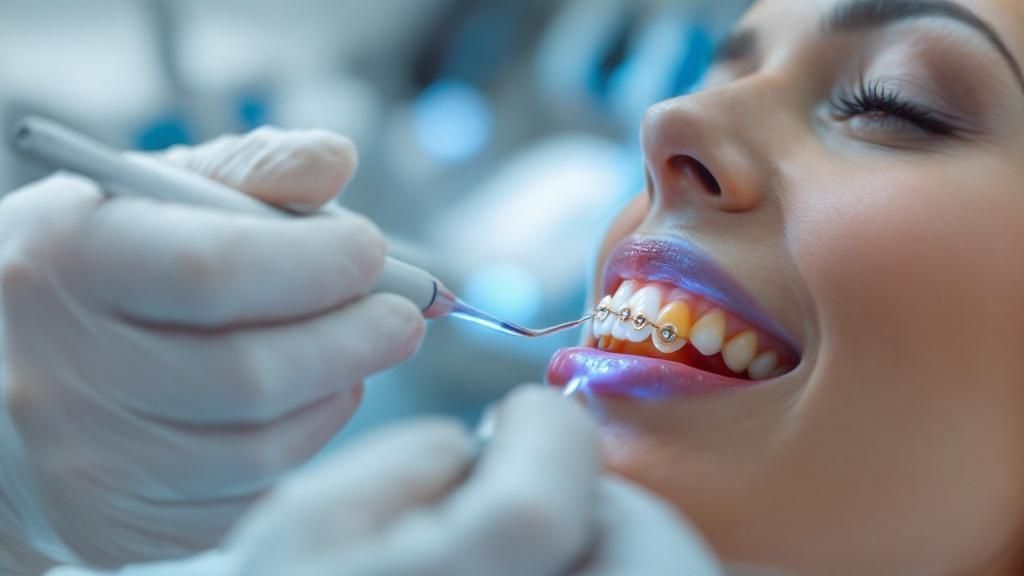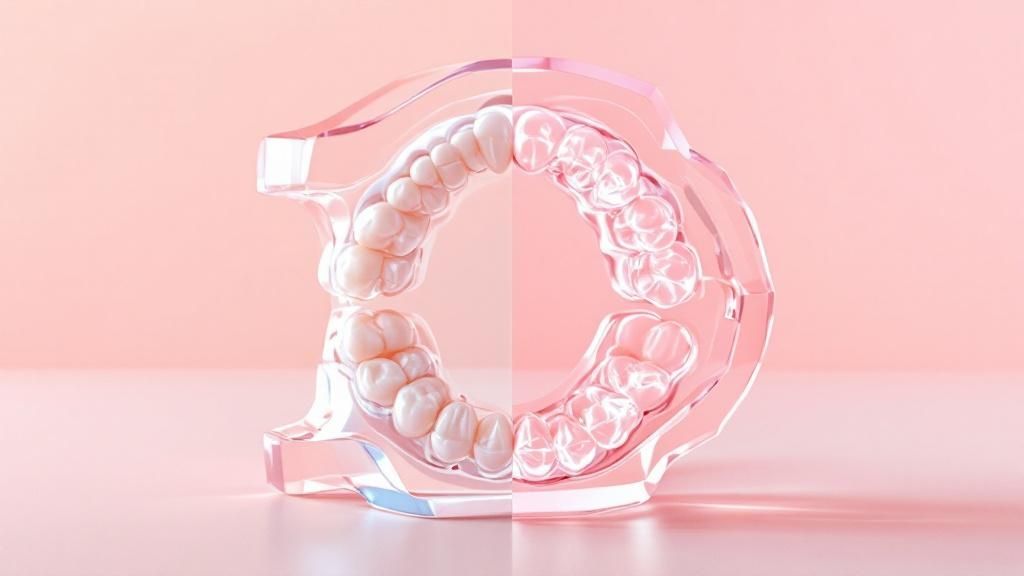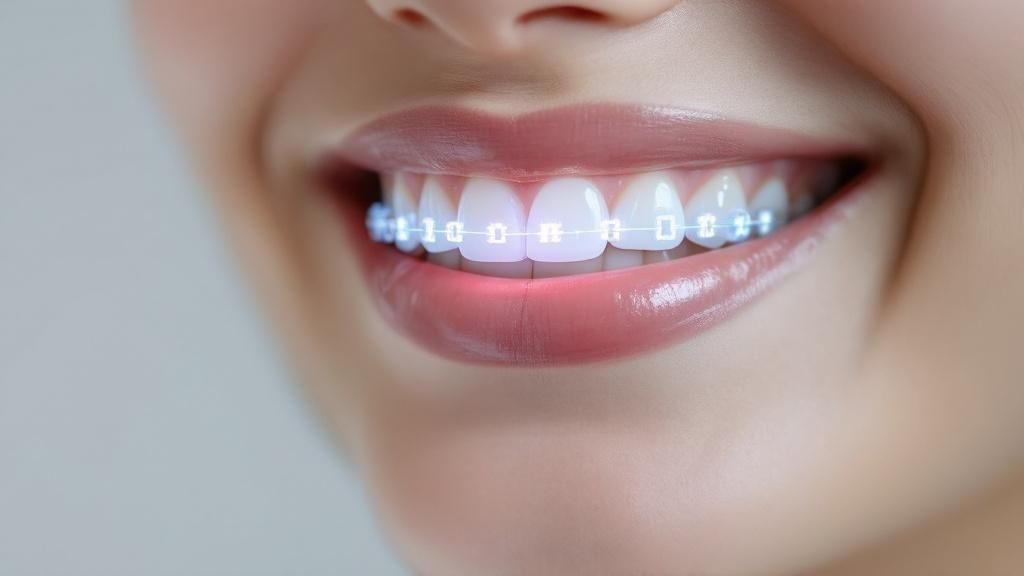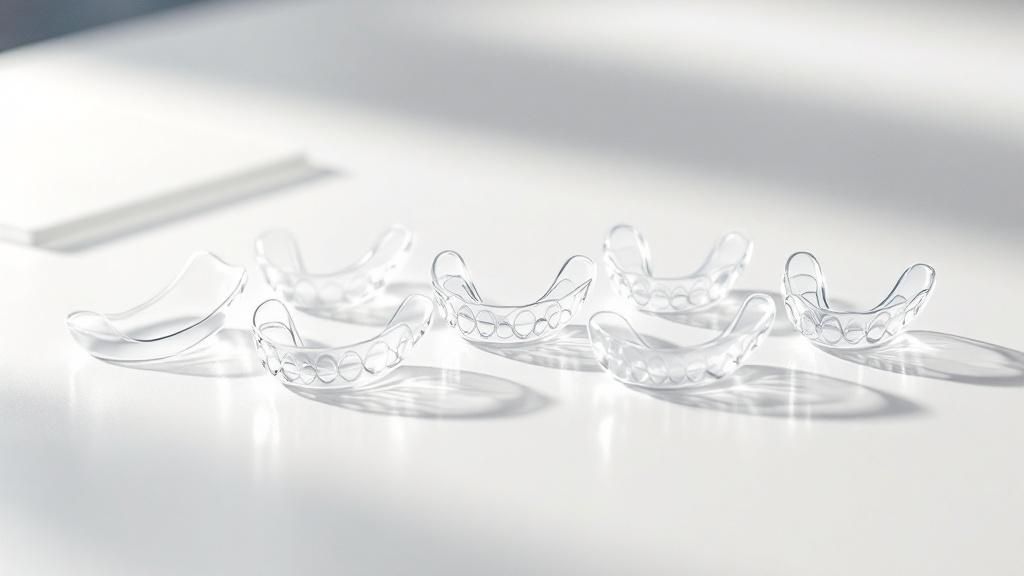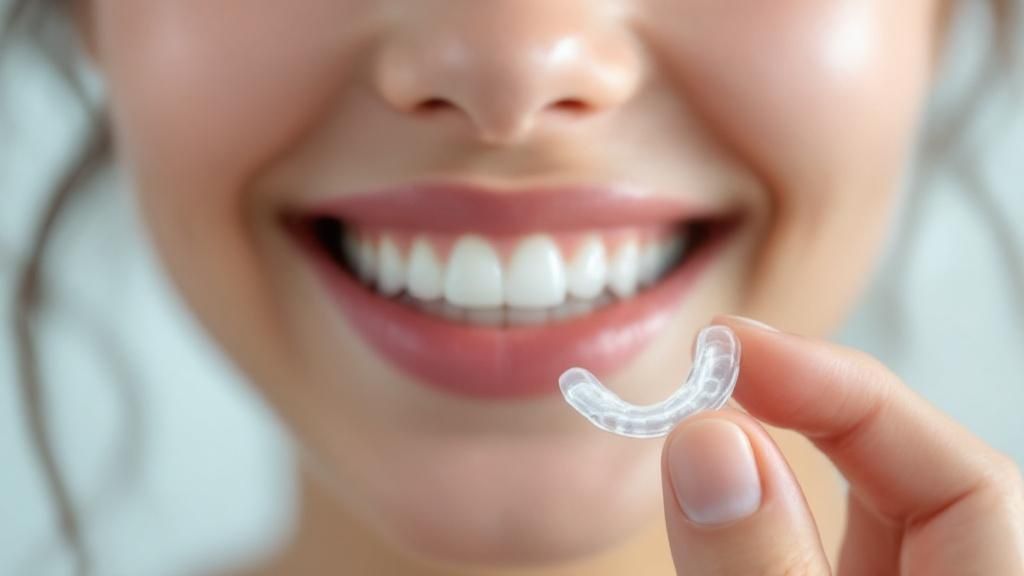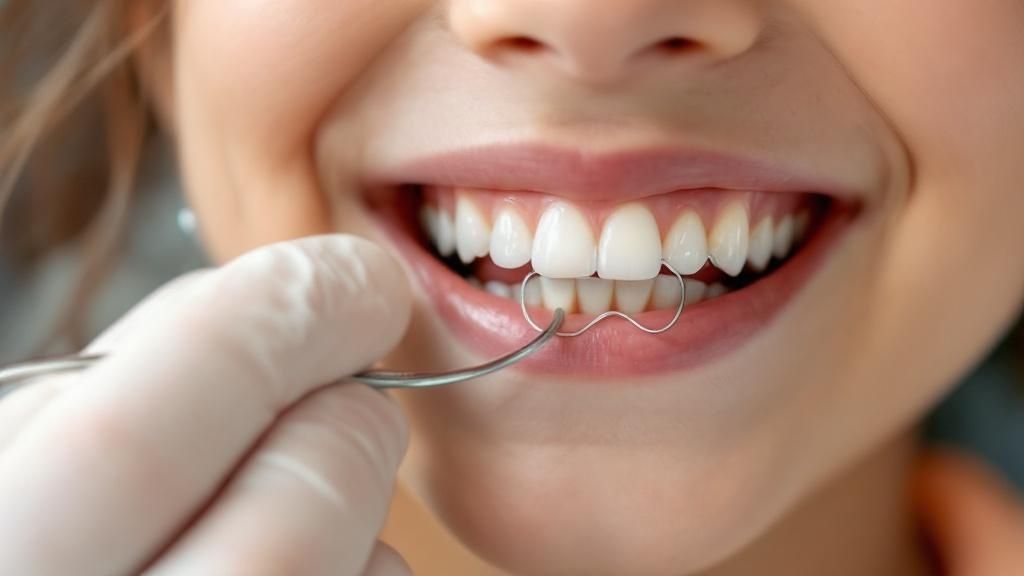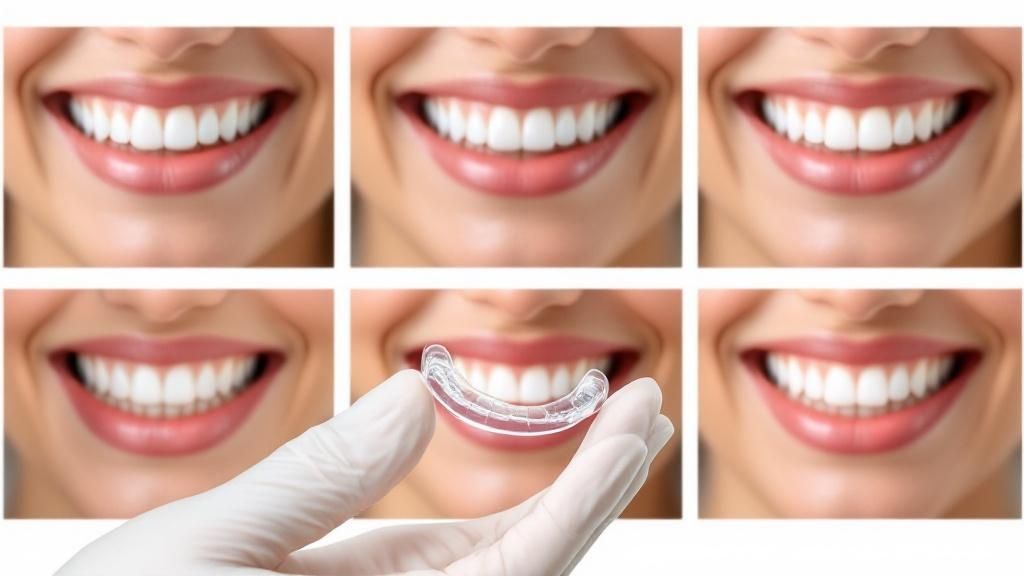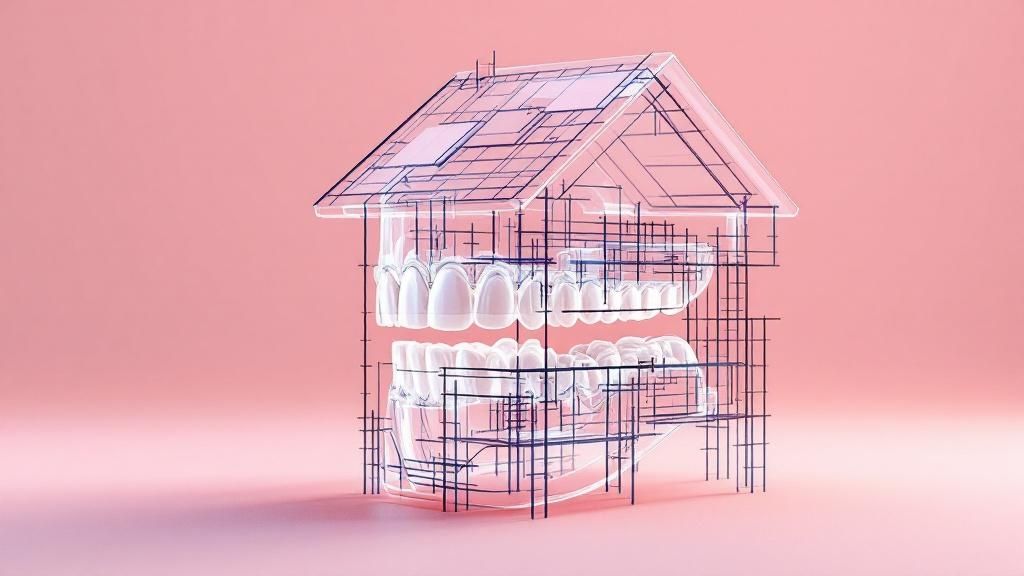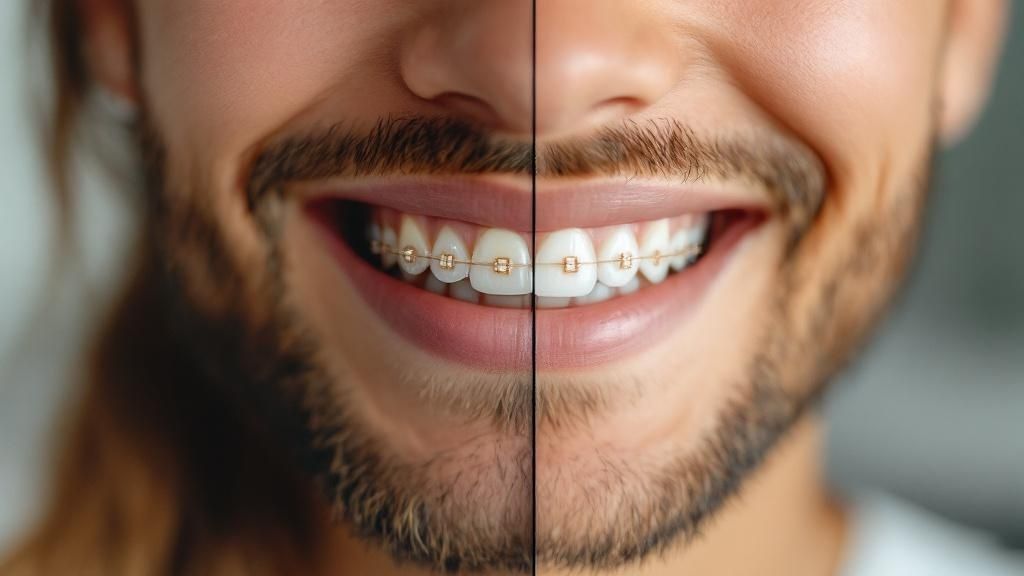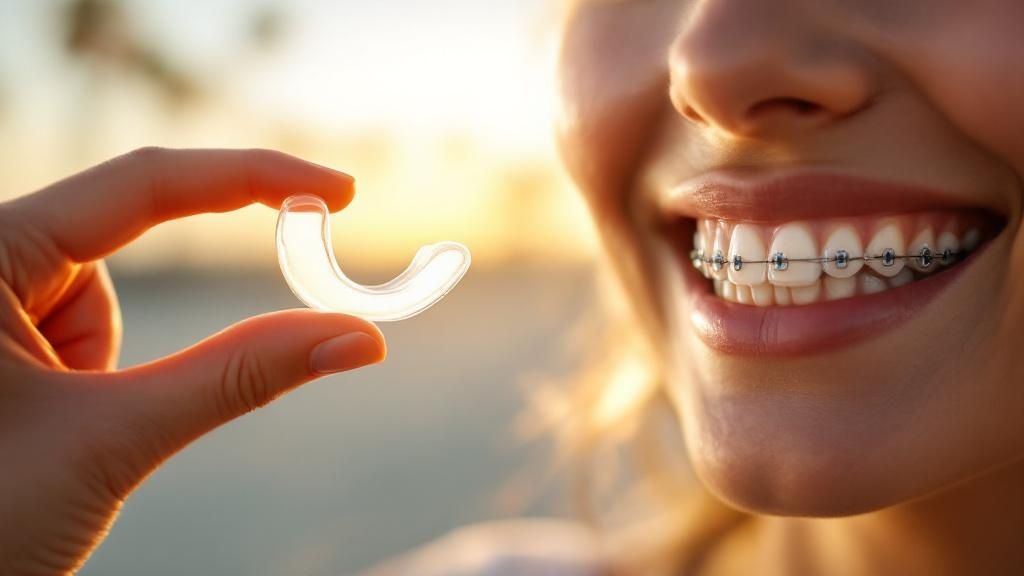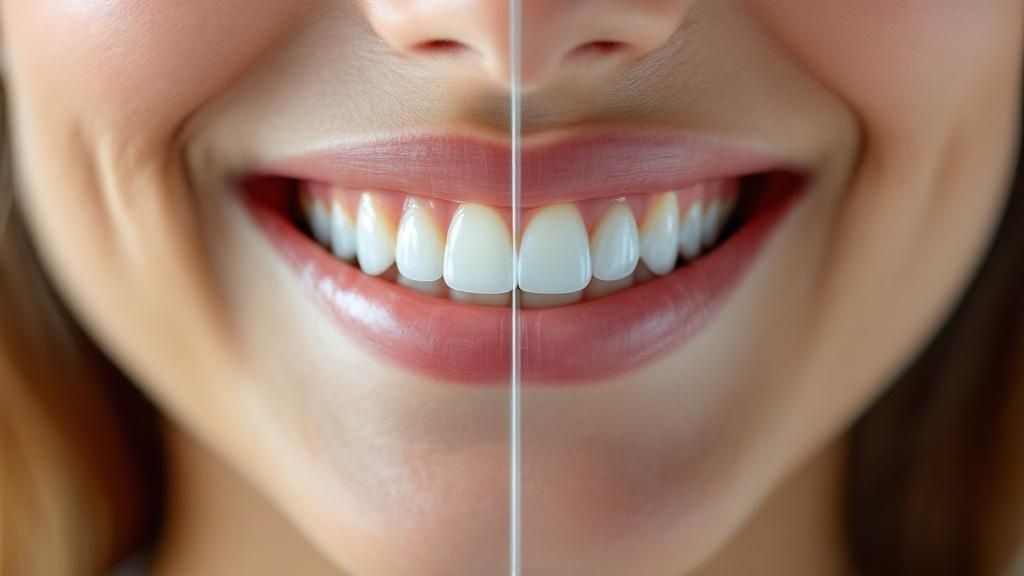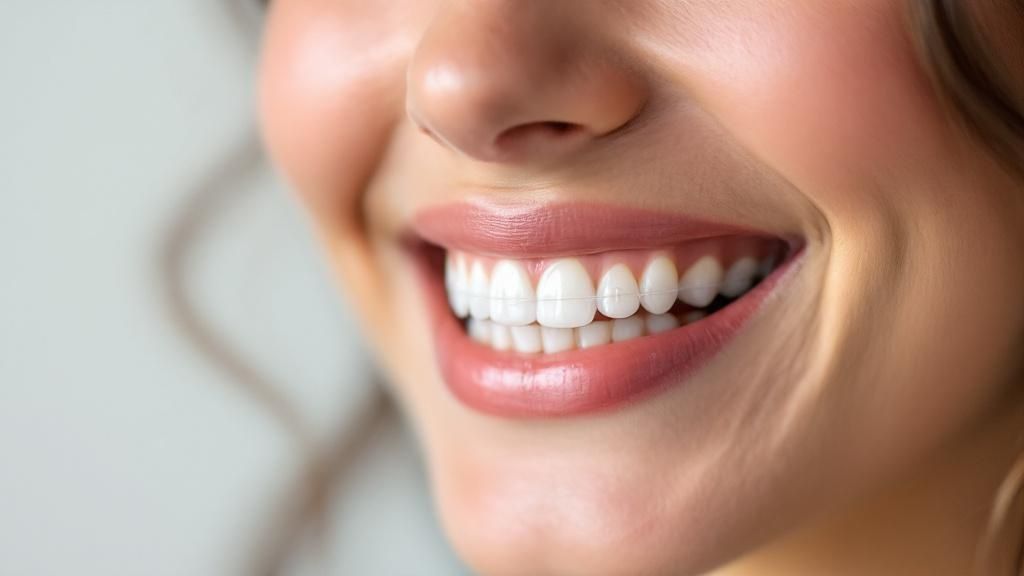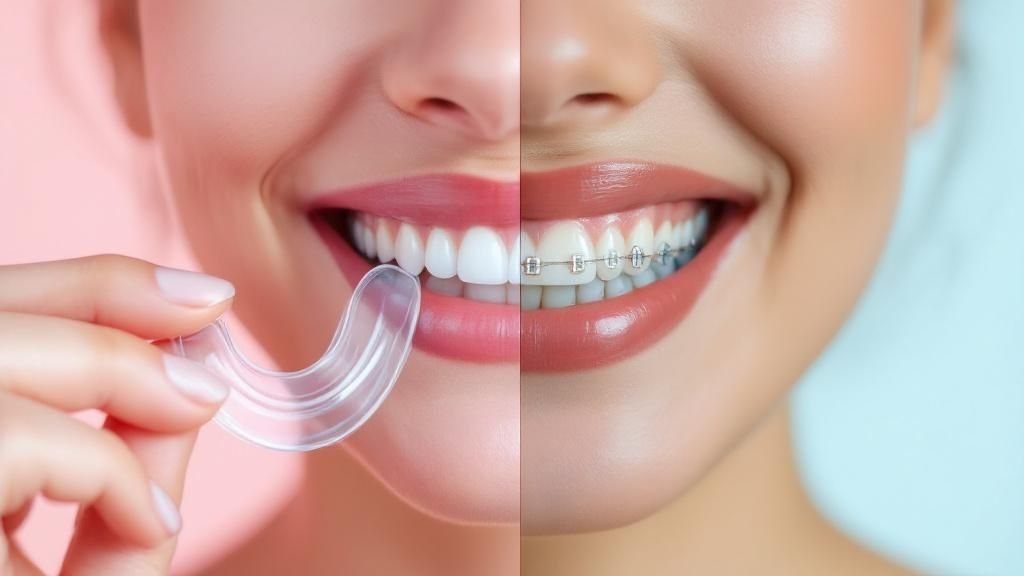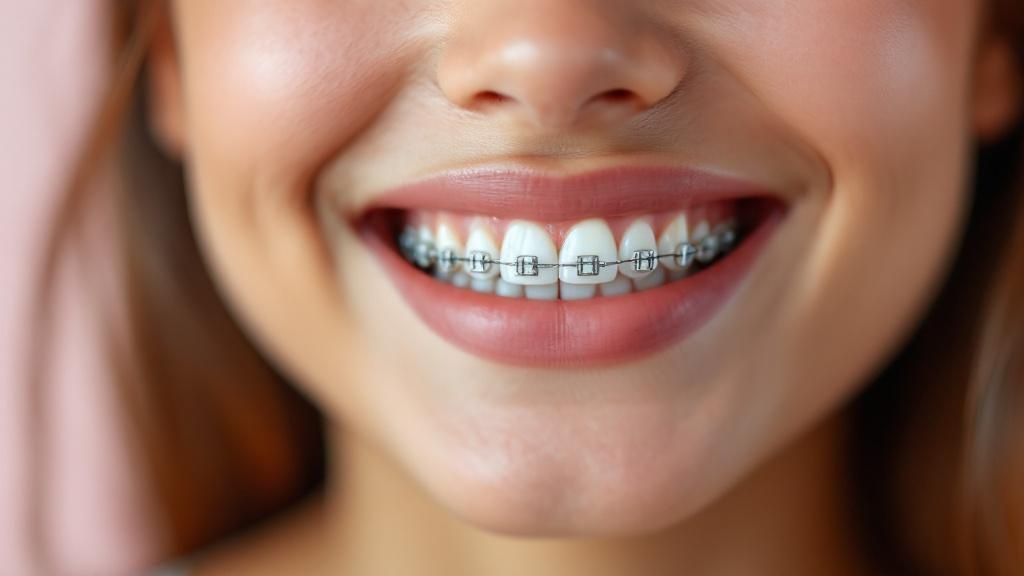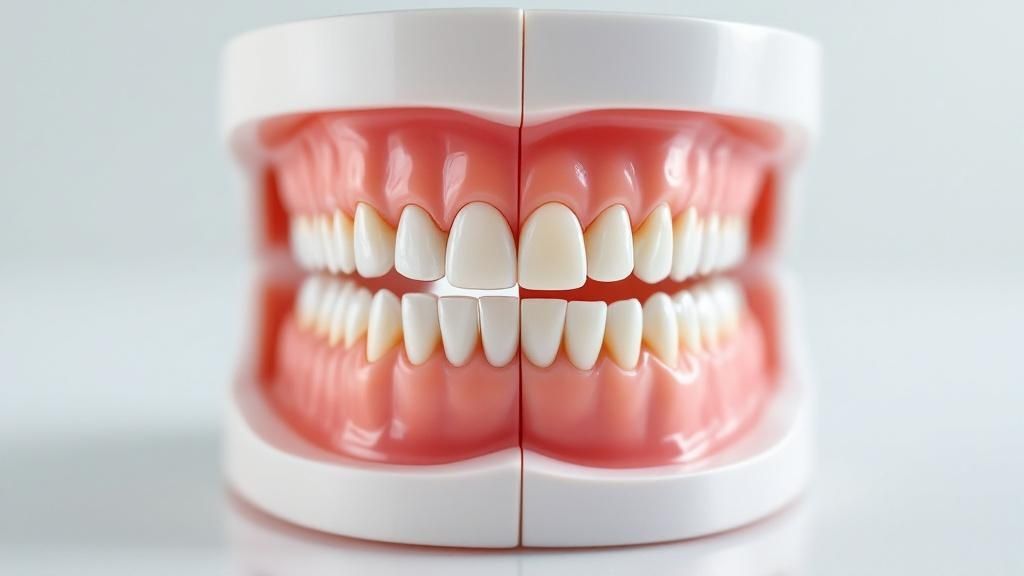
Understanding the Importance of Early Orthodontic Care for Kids
As parents, we want the best for our children, especially when it comes to their health and well-being. One area that often gets overlooked but is vitally important is their dental health. Many parents may not realize that early orthodontic care can have long-lasting benefits for their child's oral health.
In this article, we will explore the basics of orthodontics for children and delve into why early orthodontic care is necessary. We will also discuss the benefits of seeking orthodontic treatment early on and when orthodontic care should begin.
The Basics of Orthodontics for Children
Before we dive into the importance of early orthodontic care, let's first understand what orthodontic care entails. Orthodontics is a dental specialty that focuses on correcting the alignment of teeth and jaws. It involves the use of various appliances, such as braces and expander, to straighten teeth, close gaps, and correct bite issues.
Orthodontic treatment for children is not just about achieving a straighter smile; it also plays a crucial role in their overall health and well-being. By addressing issues like overcrowded teeth or misaligned jaws early on, orthodontists can help prevent more serious dental problems in the future. Proper alignment of teeth can improve a child's ability to chew food effectively, speak clearly, and maintain good oral hygiene habits.
What is Orthodontic Care?
Orthodontic care involves the diagnosis, prevention, and treatment of dental and facial irregularities. By correcting these issues during childhood, we can enhance the overall dental health and aesthetics of a child's smile.
During an orthodontic evaluation, the orthodontist will assess the child's teeth, jaw alignment, and bite to determine the most appropriate treatment plan. This may involve the use of braces, aligners, headgear, or other orthodontic appliances to gradually shift the teeth into their proper positions. Regular check-ups and adjustments are essential to monitor progress and ensure the treatment is on track.
Why is Orthodontic Care Necessary for Kids?
Orthodontic care is necessary for kids because it addresses common dental issues that, if left untreated, can lead to more severe problems in the future. Crooked or misaligned teeth, crowded teeth, and bite problems can affect a child's ability to speak, chew properly, and maintain good oral hygiene. By addressing these issues early on, we can prevent future dental complications and enhance our child's overall well-being.
Early intervention in orthodontics can also have long-term benefits for a child's self-esteem and confidence. A straighter, more aligned smile can improve a child's self-image and how they interact with others, boosting their social development and overall quality of life. Investing in orthodontic care for children is not just about aesthetics; it's an investment in their future health and happiness.
The Benefits of Early Orthodontic Care
Seeking early orthodontic care for your child comes with a host of benefits. Let's explore why it's essential to start orthodontic treatment sooner rather than later.
Early orthodontic care not only addresses current dental issues but also plays a crucial role in preventing future problems. By intervening during childhood, orthodontists can guide the growth and development of the teeth and jaws, reducing the likelihood of more complex issues arising later in life. This proactive approach sets a strong foundation for long-term oral health and can potentially save your child from more extensive and costly treatments in the future.
Preventing Future Dental Issues
One of the primary benefits of early orthodontic care is the prevention of future dental issues. By correcting misalignment and bite problems during childhood, we can prevent more severe problems from developing in the future. Early intervention can reduce the risk of tooth decay, gum disease, and even tooth loss.
Early orthodontic treatment can address issues such as thumb sucking, tongue thrusting, and mouth breathing, which can impact not only dental health but also overall well-being. By identifying and correcting these habits early on, orthodontists can help children breathe more easily, speak more clearly, and chew more effectively, promoting optimal development and function of the oral structures.
Enhancing Self-Esteem and Confidence
Another advantage of early orthodontic care is the positive impact it can have on a child's self-esteem and confidence. Kids with crooked or misaligned teeth may feel self-conscious about their smile, which can affect their social interactions and overall well-being. By improving the appearance of their teeth early on, we can boost their self-esteem and help them feel more confident in their smile.
A straight and healthy smile can contribute to improved communication skills and social interactions. When children feel good about their teeth, they are more likely to smile, speak, and engage with others without hesitation. This can lead to enhanced relationships, better academic performance, and increased opportunities for personal growth and success.
When Should Orthodontic Care Begin?
Now that we understand the importance of early orthodontic care, let's discuss when it should begin.
Ideal Age for First Orthodontic Visit
The American Association of Orthodontists recommends that children have their first orthodontic evaluation by the age of 7. At this age, a child's permanent teeth are starting to come in, and any potential orthodontic issues can be identified. Early intervention allows orthodontists to guide the growth of the jaw, alleviate crowding, and correct bite problems.
Signs Your Child May Need Orthodontic Care
While the ideal age for a child's first orthodontic visit is around 7, it's essential to be aware of signs that your child may need orthodontic care earlier. Some common signs include difficulty biting or chewing, early or late loss of baby teeth, irregular jaw growth, thumb sucking, and speech difficulties. If you notice any of these signs, it's best to consult with an orthodontist to determine if early intervention is necessary.
Types of Orthodontic Treatments for Kids
Orthodontic treatments have come a long way over the years, offering various options to suit your child's unique needs. Let's explore the different types of orthodontic treatments available for kids.
Braces: Traditional and Modern Options
When most people think of orthodontic treatment, they picture traditional metal braces. These braces consist of metal brackets and wires that gradually move the teeth into the desired position. However, modern orthodontics also offers more discreet options, such as ceramic braces that blend in with the natural tooth color or clear aligners, such as Invisalign, which are virtually invisible.
Retainers and Their Role in Orthodontic Care
Retainers play a vital role in orthodontic care by maintaining the results achieved through braces or other orthodontic treatments. They are custom-made appliances that help keep the teeth in their corrected position and prevent them from shifting back. Your child may need to wear retainers full-time initially and then gradually switch to wearing them only at night to maintain the outcome of their treatment.
Preparing Your Child for Orthodontic Care
Embarking on the orthodontic journey can be an exciting yet overwhelming experience for both you and your child. Here are a few tips to help prepare your child for their orthodontic care.
Making the First Visit Less Stressful
It's normal for children to feel anxious about their first orthodontic visit. To make it less stressful, let them know what to expect during the appointment. Explain that the orthodontist will examine their teeth, take X-rays if necessary, and discuss the recommended treatment plan. Assure your child that the orthodontist is there to help them achieve a beautiful and healthy smile.
Maintaining Oral Hygiene with Orthodontic Appliances
Orthodontic appliances require special care to ensure optimal oral hygiene. Teach your child how to brush their teeth properly with braces or other orthodontic appliances. Encourage them to use interdental brushes or floss threaders to clean between their braces and under wires. Emphasize the importance of regular dental check-ups and cleanings throughout their orthodontic treatment.
Conclusion
Early orthodontic care plays a crucial role in ensuring your child's dental health and overall well-being. By addressing orthodontic issues early on, we can prevent future complications and enhance their self-esteem and confidence. Remember to consult with an orthodontist at the appropriate age or if you notice any signs that your child may need orthodontic care. Together, we can pave the way for a lifetime of beautiful smiles.




